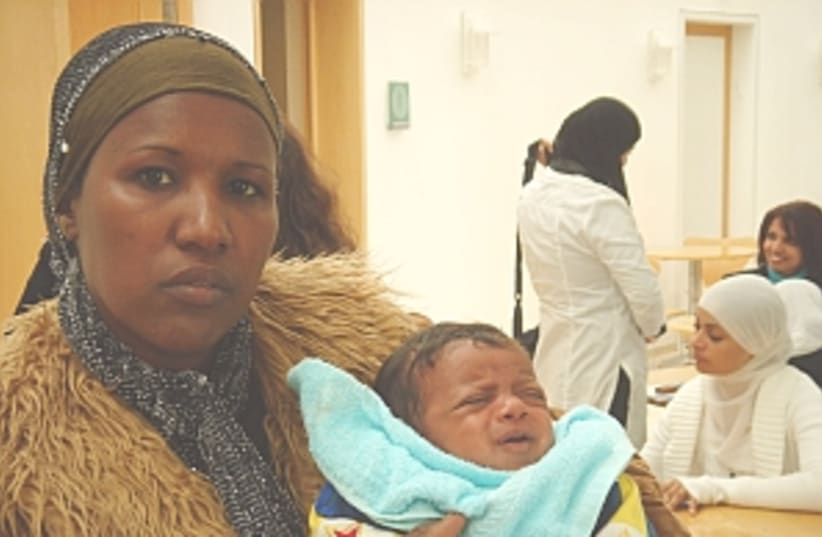| More about: | Ben-Gurion University of the Negev, Shaqib al-Salam, Beersheba, Nuweiba |
Beduin women press for more rights
Empowerment group works at grassroots level, taking matters into their own hands.


| More about: | Ben-Gurion University of the Negev, Shaqib al-Salam, Beersheba, Nuweiba |